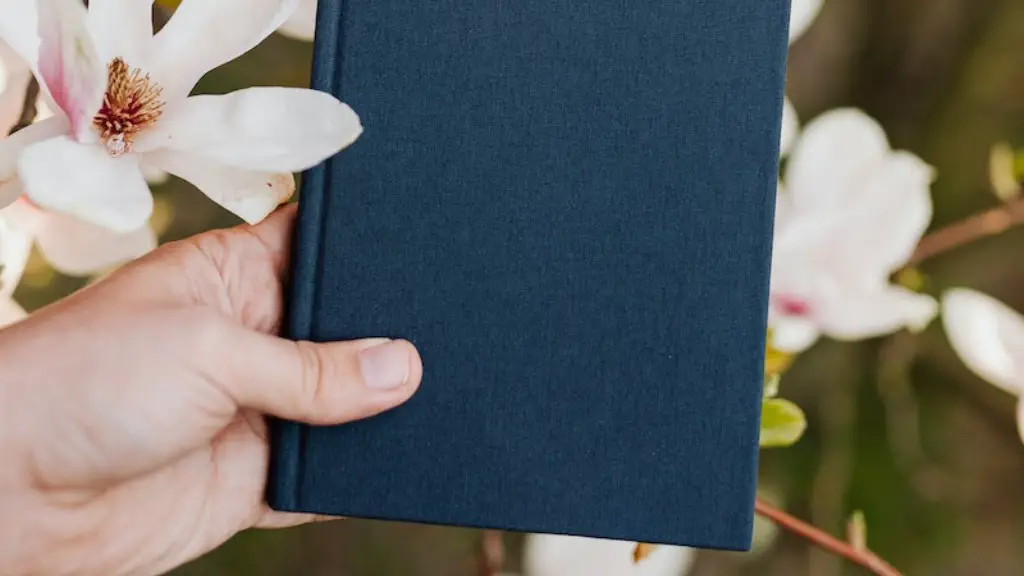Explaining the Difference Between Prose and Poetry
The art of writing is not a uniform craft. Writing can be seen in various forms, catering to different objectives and even to satisfy different styles of readers. Society has come to identify these forms of writing as different “genres” but two of the more prominent styles are prose and poetry. Even so, many people have trouble understanding the fundamental difference between these two forms of writing.
Prose is a type of writing that communicates everyday conversations and facts, carrying most of its meaning through the literal definition of its words. Simply put, the author uses the words in their most basic meaning. For example, because of the ordinary definition of each and every word, the phrase “It was a dark and stormy night” carries plainly its intended message.
On the other hand, poetry departs further from the literal meaning of words. Poetry relies on elements like rhythm, imagery, and metaphor that offer a more layered reading. Take, for instance, the line “My love is like a red, red rose”. Here, the words “red” and “rose” carry a deeper meaning than the literal one, as they are being used as a metaphor, comparing the love of the speaker to a beautiful flower.
Also, prose does not hold to any traditional structures or guidelines, allowing for a more linear narrative. Poetry, however, will often contain specific measurements, relying heavily on things like meter and line. This further separates the use of lyrical language and devices from more everyday writing.
The use of prose and poetry is embedded in our culture, perhaps due to the distinct passion they invoke by utilizing the language. Prose and poetry can appear similar at times, but there are intrinsic differences that are telling of the art form itself. Prose is meant to carry one message with the literal use of words, whereas poetry relies more on poetic devices for its fulfillment.
Exploring the Diverging Trends of Prose and Poetry
The writing of prose and poetry have extended far beyond different time periods, cultures, and societies. It has been a form of expression seen since ancient times and continues to evolve to this day.
Prose has largely maintained its traditional form, going through various stylistic changes both across cultures, and within the same period. For example, the emergence of the novel in English literature during the 18th century is considered a unique style of prose that has shaped the way present-day storytelling is written.
In comparison, poetry has emerged as a more independent form of expression over the years. Poems often transcend the limits of narrative writing and can often house a universal truth or emotion that many people can relate to. This was especially notable during the 20th century, with the development of the “modernist” style of poetry that broke traditional modes of literary expression, shifting towards the primacy of self-reflection rather than the traditional structures of poetic language. As a result, poets today can freely explore their creativity while writing poems.
The Benefits of Engaging in Prose and Poetry Writing
Writing prose and poetry can be a form of self-expression and can even be seen as a therapy for many people. It enables them to paint deeper meanings and emotions behind their words. Writing also requires an immense level of creativity that can challenge both the writer and the reader.
For those who take up writing prose and poetry, the journey of writing can help to build many different skills that can be transferred through life outside of writing. These skills include critical thinking, clear and effective communication, and an understanding of different points of view and other cultures.
Additionally, with prose and poetry, the writer always has the option of aiming their work towards a certain audience. With prose, the narrative can be straightforward and explain a certain timeline of events, while with poetry, the writer can combine rhythmic and lyrical methods to craft a message.
The Ways in Which Prose and Poetry Offer Solutions for Creativity
Creativity can often be difficult to express, especially in a linear sort of manner. However, it is possible to communicate whatever an individual is feeling, by using tools from either prose or poetry.
Prose can be used to create entertaining stories that can enthrall readers with its arcs or even intertwining perspectives while leaving out any unnecessary details. It provides readers with a clear outcome, while still holding some room for creativity.
On the other hand, poetry engages the imagination of whoever reads it. Through words, images, metaphors, and any other poetic device being used, the poet can offer a complex analysis of a certain topic that speaks right to its readers’ hearts. It also allows writers to be as creative as they want, encouraging them to find new ways to explore particular ideas.
How Prose and Poetry Writing Can Enhance Language
The craft of writing prose and poetry allows people to enhance and develop their language skills. Prose writing, for instance, requires an individual to focus more on their grammar, structure, and usage of words to construct their piece. This pushes the writer to be more precise with their diction, enabling them to better reflect their tone in all dimensions.
Conversely, poetry forces people to expand on the depth of their language. Through the manipulation of rhymes and images, the author is pushing his/her language to its fullest creative potential, allowing for a more creative approach to language. This may even lead to the formulation of new words and ideas, adding to the depths the language can reach.
The Importance of Finding a Balance Between Prose and Poetry
It is easy to see how prose and poetry rely on different structures and techniques, creating a distinction between these two forms of writing. Nevertheless, that is not to say they are two distinct fields. In fact, they become more powerful as they create a balance and become parts of one another. There are many poets who write in a journalistic prose style, and many authors who view the craft of writing with a poetic press.
The difficulty of the craft lies in finding the right balance between the two, as both can be useful for a multitude of tasks. When writing, it is important consider both forms of writing to find the most fitting method of expressing oneself.
Using Prose and Poetry to Broaden Imagination and Expression
Writing prose and poetry bring on countless tools for individuals to express themselves, challenge their way of thinking, and grow their imagination. Through the practice of writing these genres, one can develop unique skills that range from creative writing to perfecting language usage.
Engaging in writing poetry and prose can provide the individual with many means of expression, which aid in bringing clarity to the complex ideas and emotions that all individuals experience. As a result, writing prose and poetry can lead to the most fulfilling outcomes, offering a sense of connection while making sense of the world in front of and around one’s self.

